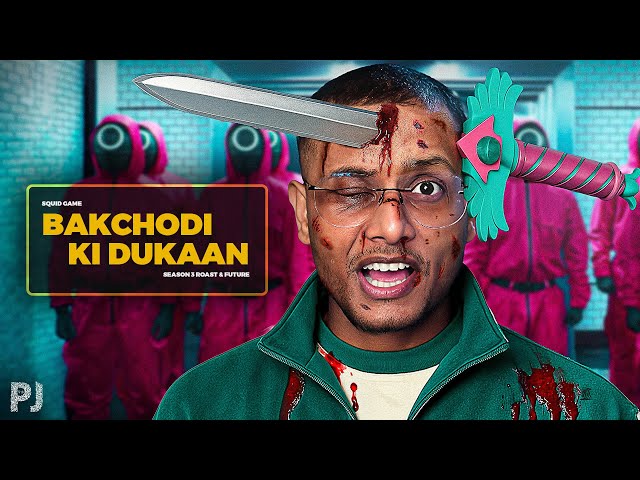
Squid Game Season 3 has arrived, but for many, it marks a disappointing continuation of what was once a cultural phenomenon. This review delves into why this season fails to live up to the legacy of its groundbreaking first installment, focusing on its narrative flaws, execution, and the overarching critique it attempts—yet stumbles—to deliver.
The storyline follows Gi-hun, who, after two seasons, still hasn’t achieved meaningful closure. He fails to even speak with his brother, and the emotional payoff feels unearned—handing over a fortune to his brother’s baby without clear connection or attachment. Subplots, like the fake marine with repeated freezing glitches, add to the frustration, hinting at depth but delivering little. Characters like Madam Sae-byeok’s husband-wife duo and the inspiring grandmother, who shockingly takes her own life, feel underdeveloped. The season’s attempt to expand into an international Squid Game universe comes across as forced, with much of the runtime feeling like a drawn-out exploration with minimal payoff.
Performances remain competent, but the direction falters in cohesion. The emotional weight that made Season 1 resonate is missing here, replaced by rushed character arcs and unresolved tensions. The philosophical themes—though intellectually present—are poorly integrated into personal stories, making it hard to invest in the characters’ journeys.
Technically, the season suffers from repetitive and less impactful game sequences. Memorable moments from earlier seasons, like the tension in “Red Light, Green Light,” are replaced by irritating and poorly executed scenes, such as the hide-and-seek segment that feels more like a picnic than a life-and-death struggle. The lack of threat perception in certain games, like the rope-jumping fatalities, diminishes the stakes. The music, particularly the use of classical scores during key reveals, works well to underscore the show’s critique of systemic inequality but can’t salvage the weak narrative around it.
In conclusion, Squid Game Season 3 is a letdown. While it ambitiously critiques democracy, mob mentality, and capitalism, its execution feels rushed and disjointed—a likely result of corporate greed to stretch content rather than refine it. The potential was immense, but the delivery wastes it. If you haven’t watched it, you might consider skipping this season. If you have, share your thoughts—did it work for you, or did it feel like a missed opportunity? Let’s keep the conversation going.




